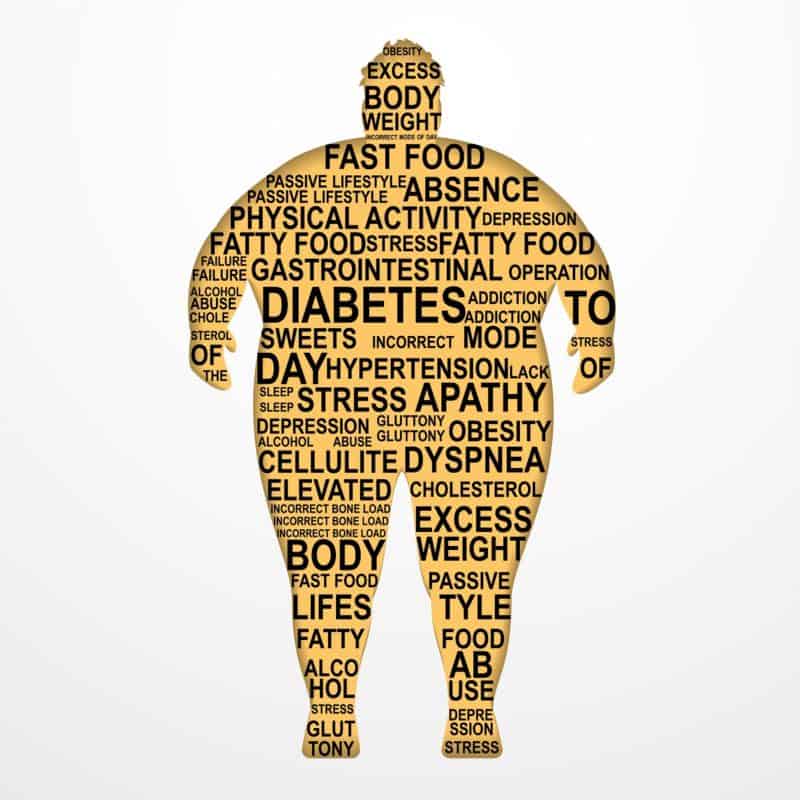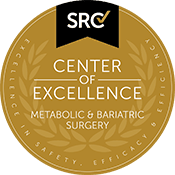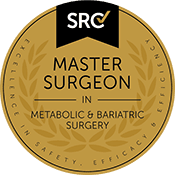
- Expertise
- Compassion
- Success
Lose the Weight and
Gain Back Your Life!
Obesity and Diabetes

Diabetes is one of the most serious side effects of the lifestyle choices that lead to obesity. Numbers of diabetes cases have been soaring, in Australia and worldwide, as populations become more sedentary and less inclined to cook healthy food at home.
Diabetes is one of the most serious side effects of the lifestyle choices that lead to obesity. Numbers of diabetes cases have been soaring, in Australia and worldwide, as populations become more sedentary and less inclined to cook healthy food at home.
Below, experienced Sydney bariatric surgeon Dr. Vytauras Kuzinkovas discusses the origins of this public health emergency, and how you and your family can avoid becoming a casualty of this destructive chronic condition.
Weighing Your Risk
For overweight individuals, type 2 diabetes is a tremendous risk. Type 1 diabetes accounts for 10 percent or less of all cases, and is usually caused by genetic factors or autoimmune disease. Type 2 diabetes is triggered when excess weight raises glucose levels in the blood, triggering insulin resistance in the body. Ultimately the pancreas weakens as it struggles to produce enough insulin to overwhelm this resistance.
Although type 2 diabetes sometimes has a genetic component, your likelihood of developing it is strongly linked with your weight and level of physical activity. If you are obese, your risk of developing the condition is three to seven times greater than it is for persons of normal weight. And if your BMI is 35 kg/m2 or above, your risk explodes to 20 times that of a typical adult. Risk rises even higher for people with most of their excess weight around the abdomen. Surprisingly, fat that accumulates in the hips and thighs is not as significant in the development of insulin resistance.
Evidence of the strong correlation between obesity and type 2 diabetes is demonstrated by the fact that when type 2 diabetics slim down and become more active, their diabetes either dramatically improves or disappears entirely.
The Treatment Continuum
Treating type 2 diabetes usually begins with a conservative approach. A modest initial goal is to lose 10 percent of excess weight, which will immediately take some of the strain off the pancreas.
While lowering overall food intake is important, reducing the proportion of complex carbohydrates will further help lower blood sugar, as carbohydrate-dense foods stimulate insulin production in the body. This not only puts more pressure on the pancreas, but greater concentrations of insulin in the blood tend to elevate body weight, creating a dangerous cycle of rising glucose, insulin and weight.
There is also some evidence that boosting the amount of fiber you consume helps your system more effectively manage blood glucose, and may even promote weight loss by filling the stomach with food that carries fewer calories. Exercise, too, is key to fighting this condition. Vigorous physical activity helps your system control glucose, strengthens the pancreas, and is associated with lower rates of death among persons with the condition.
Often the conservative approach is not enough to cure the disease and save a life. At that point, Sydney bariatric surgeon Dr. Vytauras Kuzinkovas advises clients to consider bariatric surgery. Studies have shown that this option can cure type 2 diabetes by dramatically lowering weight, restricting caloric intact and attenuating abdominal fat.
To learn more about weight loss surgeries and treatments offered by experienced Sydney bariatric surgeon Dr. Vytauras Kuzinkovas, schedule your personal consultation by contacting Advanced Surgicare today.





